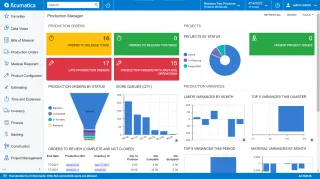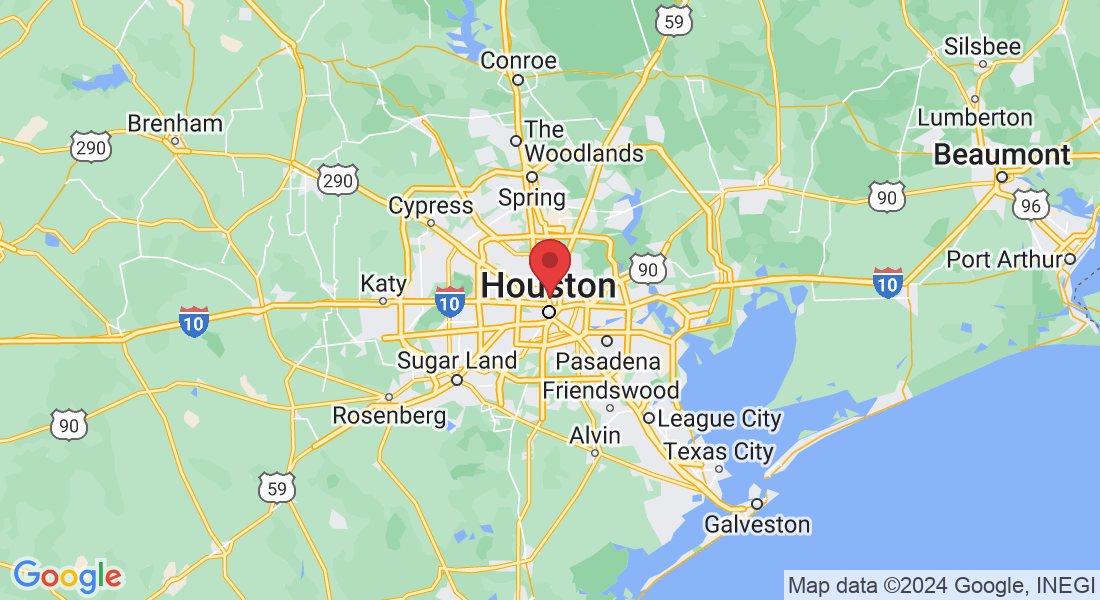Software & Insurance for a well rounded business or personal business needs
Find your secure future with
The Solomon Services.
Helping you prepare times of building your future and for times of uncertainty is at the heart of what we do.

750+
Billion in Covarage
200k+
Nationwide Customers
24/7
Support
Our services
We have many services in
different fields of Software Services, Insurance & Financial Services.
We develop the relationships that make your dreams and goals come true.

We focus on safe and consistent growth that will help you meet your future goals

Help protect lost income, pay
for higher education, and cover
debts or burial costs

We ensure you have all of the options available to make your best retirement decisions

Rollover small - large sums to focus on safe consistent growth during retirement or before

Generational Wealth can be the key to your families future.

Don't risk one of the biggest assets of your lifetime

We are promoting
Life Insurance as a way of
financial & generational protection

Let us help you with
industry-leading
business insurance offers
100+ of our carriers love us.
Helping you plan for uncertainty & a bright future that meets your goals and dreams!
Become an Agent
Join our team and grow your income full time or part time

100% Trsuted
50+ insurers with the lowest prices
Lowest Price
Save up to 38% on all policies.

"...we aim to answer every question and solve every concern . We are steadfast in meeting the dreams and goals for every client we have the privilege to serve..."
- Solomon Ruth, CEO
300m+ in trusted provider policies
Things go wrong. You have questions. We understand. We have people to help you one-on-one, no bots here!
We’ll answer almost any question via phone, zoom, google meet, face-to-face or through text
You have challenges.
The Solomon Services has solutions!
Things will go wrong, you have questions & we understand life happens.
To manage the unexpected, we've constructed clear solutions to ensure we customize the most beneficial Financial Plan, Retirement Plan & Life Insurance coverage available nationwide.

Relatable
We've seen every situation out there.

QUICKER & FASTER
We move quickly to help you get on the right path Today.

Thorough
We're committed to finding the
Highest Gains & Greatest Advantages.
Our Team

Natasha Williams

Joshua Jones

Jonathan Romero

Seth Whitt
Check what’s client say

"Very solid, 9.9 out of 10"
"they've got the finest people who actually cared about my well being from the beginning..."
Fredrick Johnston
Houston, Texas
Frequently Asked Question
What types of Life Insurance are there?
Term Life Insurance: a type of life insurance policy that provides a death benefit to a beneficiary if the insured person passes within a specified time period. The policyholder pays premiums for a set period of time, such as 10, 20, or 30 years, and if the insured dies during that time, the beneficiary receives a cash payment. The death benefit can be paid out as a lump sum or as an annuity.
Term Life Insurance (R.O.P.): (Return on Premium) This type of policy will provide a return of all or most of the premium payments made into the policy for the term of the policy. This policy provides coverage for a specific term, meaning it is offering affordable protection for a set number of years. Also, there are some carriers with Term Policies that would be advantageous for the person who wants insurance today at the lowest cost with the intention of rolling the policy into a permanent policy without medical conditions being considered at the time of the rollover. This policy will usually allow the change to another policy within 30 days of its term lapse date.
Whole Life Insurance: Whole life insurance is a permanent life insurance policy that provides coverage for the insured's entire life as long as premiums are paid on time. Unlike term life insurance, which only covers the insured for a set period of time, whole life insurance does not expire. Whole life insurance also has a cash value component that grows over time and can be accessed by the policyholder while they are still alive.
Guaranteed Issue Life Insurance: Designed for those with significant health issues. This policy typically doesn't require a medical exam.
Final Expense Life Insurance: also known as burial or funeral expense insurance, is a permanent life insurance policy that pays a death benefit to beneficiaries to cover end-of-life expenses. These expenses can include:Funeral costs, Medical bills, Legal bills, Credit card debts, Paying off a mortgage, Auto loans, A nest egg for a new home and more.
Indexed Universal Life Insurance (I.U.L.): a type of permanent life insurance that offers policyholders more flexibility than other plans. IUL policies have a cash value component and a death benefit, and policyholders can choose how to allocate their cash value. This policy can also include riders such as living benefits.
Universal Life Insurance (U.L.): a type of permanent life insurance that allows policyholders to customize their coverage and make adjustments over time. UL policies can include a death benefit, cash value, and flexible premiums. The cash value earns interest, which is set by the insurer and can change frequently. Policyholders can use the cash value for a variety of purposes, including:
Borrowing Policy
holders can take loans against their cash value or use it as collateral for a bank loan
Withdrawing Policy
holders can withdraw up to the amount of premiums they've paid in without paying taxes
Surrendering Policy
holders can surrender their entire policy and receive all of the cash value, but they'll lose their coverage

What are some different types of annuities:
Annuities are a type of investment that can be fixed, variable, or indexed. The main difference between them is when payments begin:
Immediate annuities
Payments begin immediately, and the term "immediate" refers to when payments start, not the annuity's rate of return. Immediate annuities can be fixed, variable, or indexed. Some benefits of immediate annuities include:
Locking in income for a chosen period
Choosing payment amounts
Easy management
Death benefit that can extend payments to heirs
However, they may have limited potential for growth and reduced liquidity
Financial advisors often recommend purchasing immediate annuities when you're close to retirement, and costs are typically between 1% and 5% per year
Deferred annuities
Payments begin in the future, usually during retirement, and can be fixed, indexed, or variable. Deferred annuities allow you to use a lump sum or multiple purchases to receive a guaranteed income at a future date of your choosing, usually between 13 months and 40 years after the initial purchase.
Indexed annuities
These annuities are linked to the performance of one or more market indexes, and there are two main types: equity-indexed annuities (EIAs) and registered index-linked annuities (RILAs).
Fixed indexed annuities are a tax-deferred, long-term savings option that can protect your original deposit if the market goes down, while still offering the potential for growth. They offer more growth potential than fixed annuities, but less risk and potential return than variable annuities.
Variable annuities: Variable annuities feature an interest rate that changes in response to market fluctuations.

What are 401(k)s and 403(b)s
403(b) is strictly for government and non-profit employees while the 401(k) is for employees of companies in the private sector. 401(k)s and 403(b)s are both employer-sponsored retirement plans that allow employees to save a portion of their salary on a pre-tax basis. The main difference between the two is who sponsors them: 401(k)s are offered by for-profit companies, while 403(b)s are offered by tax-exempt organizations like public schools, churches, and hospitals.

What are the advantages of a RollOver?
Some common reasons to roll over a 401(k) include:
Changing jobs: Consolidating retirement accounts from previous employers into one place can be ideal when changing jobs. You can also take advantage of more investment options and services, and may not have to take required minimum distributions (RMDs). If you change jobs, you can roll over your 401(k) from your previous employer to your new employer within 60 days using a direct trustee-to-trustee transfer.
Retiring: You might roll over your 401(k) when you retire.
Avoiding higher fees: Rollovers can help you avoid high fees that might deplete your 401(k).

What are the disadvantages of a RollOver?
Limited opportunity for early withdrawals without paying a 10% early-withdrawal additional taxIncome taxes paid when you convert the assetsIf you're 55 or older and leave your job in the year you turn 55 or between the ages of 55 and 59, you might not want to roll over your 401(k) because the rule of 55 allows you to use your current 401(k) for retirement income without paying a 10% penalty

Complete Software Services
We help businesses build complete solutions for software services such as Website Setup & Hosting, CRM (customizable), Phone, Email, Text, Automations, Reminders, Calendar Connections and much much more.

Get In Touch
Email: [email protected]
Address
Office: 3206 Revere St
Houston, TX 77098
Hours
Mon – Sat: 8:30am – 6:00pm
Sunday: 1:00pm - 3:00pm
Phone Number
713-562-4326
Office:
3206 Revere St
Houston, TX 77098
Call
713-562-4326
Email:
Site:
TheSolomonServices.com

